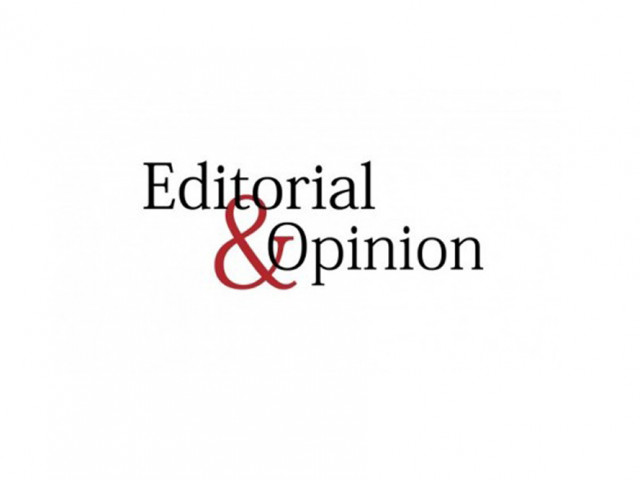Case for a living wage
.

The call by the Human Rights Commission of Pakistan (HRCP) to raise the minimum wage to Rs75,000 is neither utopian nor excessive. It is a long overdue response to the crushing weight of inflation that has eroded the very notion of a living wage. In a country where essential commodities now seem to change prices as often as the weather, expecting a working-class family to survive, let alone live with dignity, on the current minimum wage is simply untenable.
It is telling that while the ruling elite have over the years approved staggering increases in their own salaries and perks, labourers and daily wage earners continue to be denied even the most basic protections. This widening gap between privilege and penury reflects a moral failure of governance. The current minimum wage does not even begin to account for the real cost of living for a family of five.
Expenses related to food, education, healthcare and transport have all spiralled beyond reach. And yet, workers are expected to absorb the shocks of inflation and regressive taxation — often justified under the guise of structural reforms dictated by international financial institutions. A society that deprives its labour force of decent living standards cannot expect sustainable growth, much less social cohesion.
Raising the minimum wage to Rs75,000 must be paired with robust enforcement mechanisms to ensure compliance across sectors. Furthermore, such a revision must be based on empirical cost-of-living data, regularly updated, and accompanied by measures to formalise the vast informal labour sector. Without implementation, even the most progressive wage laws remain paper promises. Ultimately, a nation's priorities are laid bare in how it treats its most vulnerable.














COMMENTS
Comments are moderated and generally will be posted if they are on-topic and not abusive.
For more information, please see our Comments FAQ